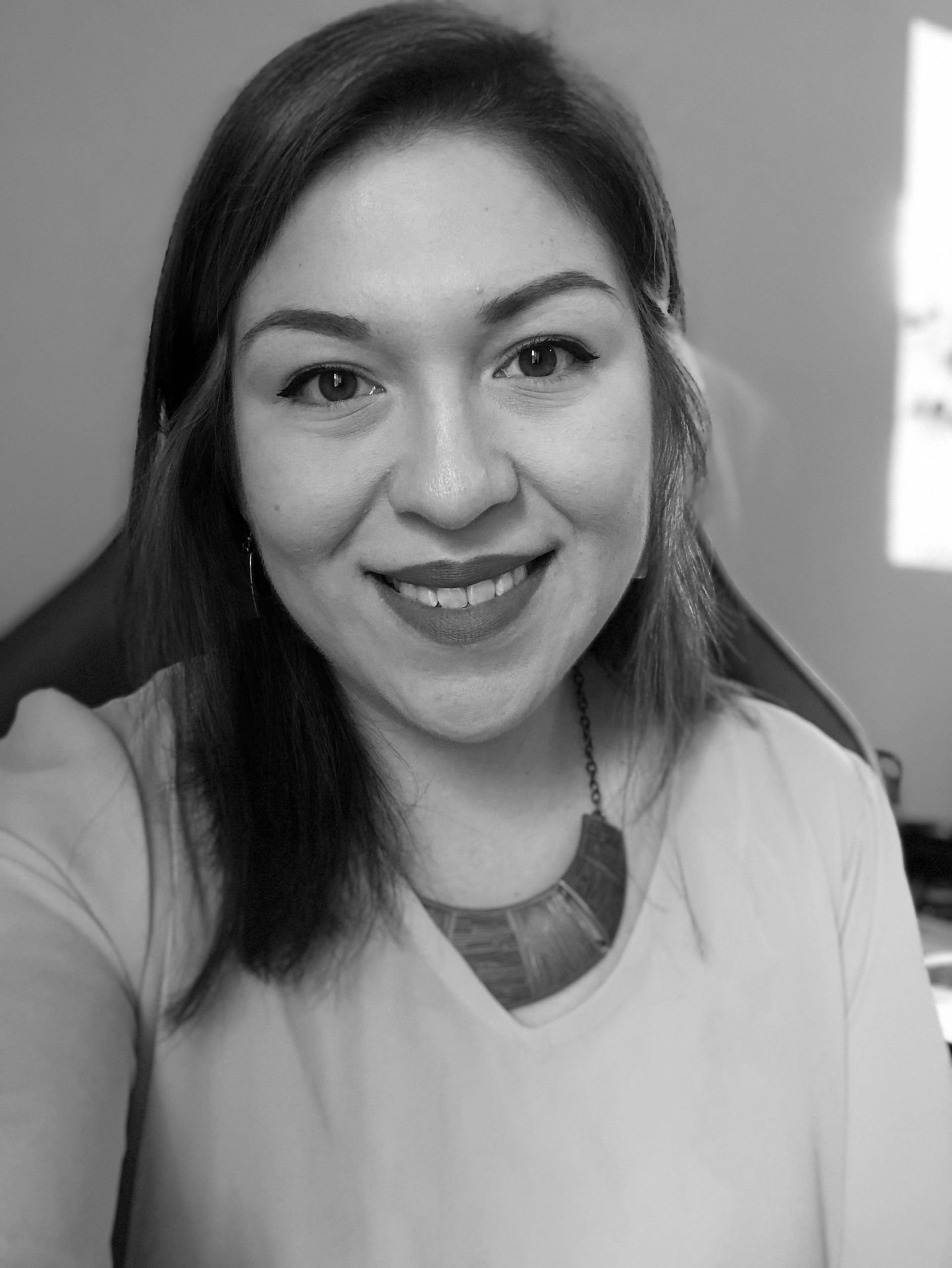What to Expect As a New Diabetes Caregiver
Having a loved one get a type 2 diabetes diagnosis can be unsettling and come out of left field. Unfortunately, after the initial diagnosis, those newly diagnosed and their families are often left with a handful of pamphlets and a head full of questions. What comes next?
No one expects to become a caregiver for a newly diagnosed family member, but here’s what you can expect after their initial diagnosis.
All aboard the emotional rollercoaster
After a loved one is diagnosed with diabetes, it is normal to have a surge of emotions. Fear and anxiety may arise when thinking about your loved one’s health and future. It can be frustrating to deal with figuring out doctor appointments, medications, lifestyle changes and how to move forward.
You may go through the stages of grief—denial, anger, bargaining, depression and acceptance. Grieving the life that your family had before or the one you envisioned having is a valid response to their diagnosis. Becoming a caregiver to a loved one with diabetes can be a heavy responsibility. Allow yourself to grieve and feel your feelings as you process your new role as a caregiver.
Just like your loved one may have ups and downs with their new diabetes diagnosis, as a caregiver you may also experience the highs and lows of the rollercoaster. Below is a list of feelings you may bump into on this rollercoaster—all of which are normal to experience.
- Failure: that you should’ve done more to help your loved one prevent diabetes.
- Frustration: when doctors don’t respond, insurance doesn’t answer, you can’t get time off work or your loved one won’t do what you tell them to.
- Hopelessness: that you won’t be able to do enough to help your loved one, no one understands what you’re going through as a caregiver.
- Anger: when you can’t get answers to your questions from providers, having to wait months to get your loved one seen or when nothing seems to help bring your loved one’s blood glucose levels down.
Although many of the emotions you may experience in the beginning can be negative due to all the uncertainties and adjustments of a new diagnosis, they are temporary. When you finally get into your groove with your loved one’s diabetes management, you’ll both be able to enjoy life and find joy again.
Move over, wedding planners
If you weren’t an organized person before, adjusting to all the new doctor appointments and things to track will be overwhelming. You may feel like you need to become as organized as a wedding planner but you don’t.
Through trial and error, you’ll figure out a system that works best for you and your loved one. Don’t get crazy with colour-coding everything or complicated spreadsheets at first. Keep it simple with some of these organizational tips.
- Keep a calendar with doctor appointments—either on your phone or put a paper note somewhere you can see like your fridge.
- Have a notebook or binder where you can write down prescription instructions/numbers, contact information for doctors and questions for upcoming appointments.
- Create an emergency plan—for hypoglycemia, other illnesses or natural disasters.
- Write down information directly on medication bottles like the timing of the first dose.
- Get a bag dedicated to holding all your loved one’s diabetes supplies. You can keep your notebook/binder in this bag so it’s always ready to grab and go for appointments.
If your loved one with diabetes is physically and mentally able to manage organizing their appointments, let them. Try not to take control. It’s probably just as overwhelming for them without the pressure of you constantly asking or checking on them.
Information overload
When you inevitably Google search diabetes at 2 am in your bed, don’t read and believe everything you see. There is so much information on the internet and wanting to be more informed is normal, but information overload can also become toxic and overwhelming.
If you and your loved ones want to learn more about type 2 diabetes, ask their doctors for insights first and then look online for credible resources. Typically, sites ending in .edu, .org or .gov are reliable. Be sure that the content you’re absorbing is up to date. The diabetes landscape changes quickly and new information is available almost weekly.
In addition to our site, Beyond Type 2, here are a few highly recommended resources:
- Diabetes Canada
- American Diabetes Association
- diaTribe
- DiabetesSisters
- Certified Diabetes Educators Certification Board (CDECB)
Focus on getting the basics down as your loved one adjusts to lifestyle changes. Don’t try to learn everything about diabetes right away. Your loved one may share their continuous glucose monitor (CGM) data with you, so be sure to ask their providers on how to utilize that data. Learning about insurance, diabetes complications and technology is important to eventually do, but it may be more frightening than useful when a loved one is newly diagnosed.
Take a step back from learning when information overload becomes more burdensome than helpful.
Self-care
If you’ve read this far your stress levels might be slightly elevated already. That’s expected. Although being a caregiver to your loved one can be rewarding and feel like a moral obligation, it doesn’t take away from the fact that it can also be stressful.
As much as you’re caring for your loved one, you’ll need to give yourself that same amount of care. Having a strong support system will be vital. There are many online support groups for caregivers—having someone who understands what you’re going through can be very helpful.
If you didn’t practice self-care before, now is a good time to start.
You can practice self-care by:
- Asking for help
- Going to therapy
- Making time for daily movement
- Keeping time for hobbies/things that bring you joy
- Spending a day doing absolutely nothing
- Making sure you’re staying hydrated and fueled with food
Finding your new normal
Although it can be common to feel like you’ve failed your loved one after their diagnosis, the idea that anyone causes type 2 diabetes is a misconception. Their diagnosis is NOT your fault—or theirs.
Even though something worked for your coworker’s aunt’s neighbor, everyone’s diabetes is different—including your loved one’s. What works for someone else may not work for them, and vice-versa. Figuring out their diabetes management plan is an ongoing, ever-evolving process.
Always show yourself patience and grace as you navigate caring for someone with diabetes. Seek support from those around you, and (if and when you’re ready) you can join the diabetes caregiver community too.
Diabetes does not define your loved one. They can still live a long, happy and fulfilling life with diabetes. Take it one day at a time.





